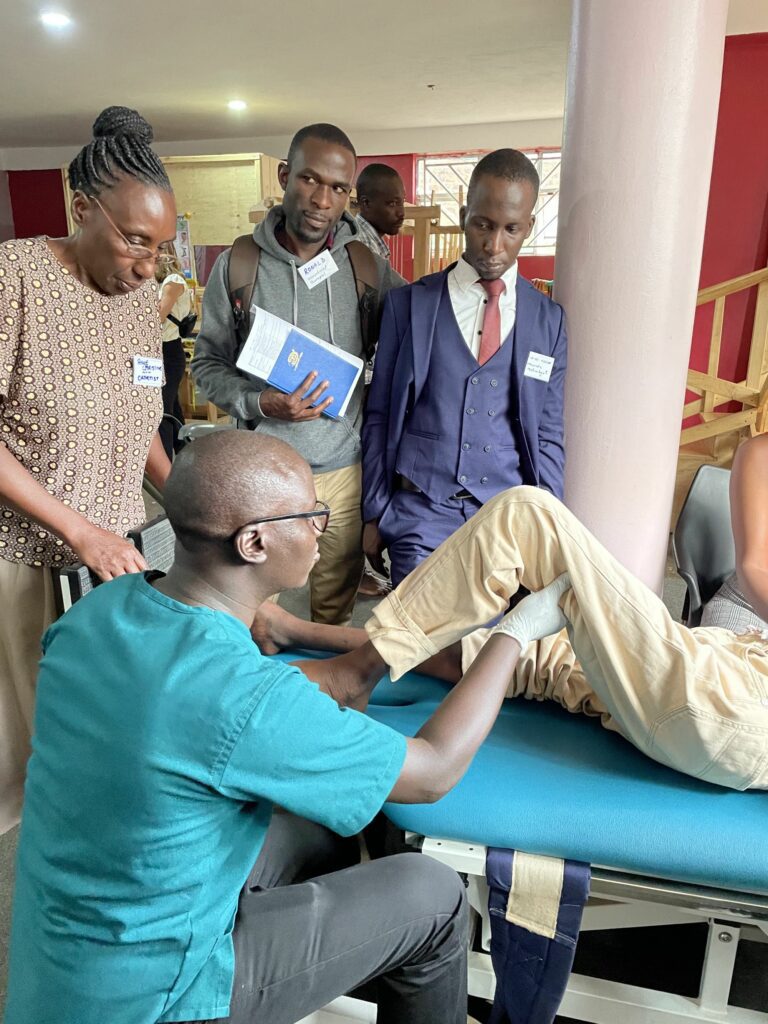
This policy brief by Learning, Acting, and Building for Rehabilitation in Health Systems (ReLAB-HS) addresses the urgent need for accessible rehabilitation and assistive technology in Uganda. Despite being a priority, rehabilitation services remain underfunded. The study conducted qualitative analysis through document reviews and key informant interviews to understand the challenges and identify strategies for elevating rehabilitation in national health agendas.
Rehabilitation is considered part of the healthcare system in Uganda, with a history of community-based programs and NGO services. However, it lacks financial prioritization, leading to unfilled positions, equipment shortages, and barriers to access. Policymakers prioritize infectious diseases over rehabilitation, contributing to a lack of funding and fragmented services.
The complexity of rehabilitation challenges prioritization due to differing views on its scope, lack of a unified policy document, fragmented services, and insufficient population data. This hinders advocacy efforts, budget allocation, and service planning.
The brief outlines strategies for strengthening prioritization and increasing funding at national and district levels. It emphasizes generating evidence, building coalitions, aligning with development partners, mapping private sector services, strengthening referral networks, and increasing budget allocation. At the frontline, NGOs, healthcare providers, and communities are encouraged to generate evidence, integrate rehabilitation into broader health initiatives, and empower communities with knowledge to increase demand for rehabilitation services.